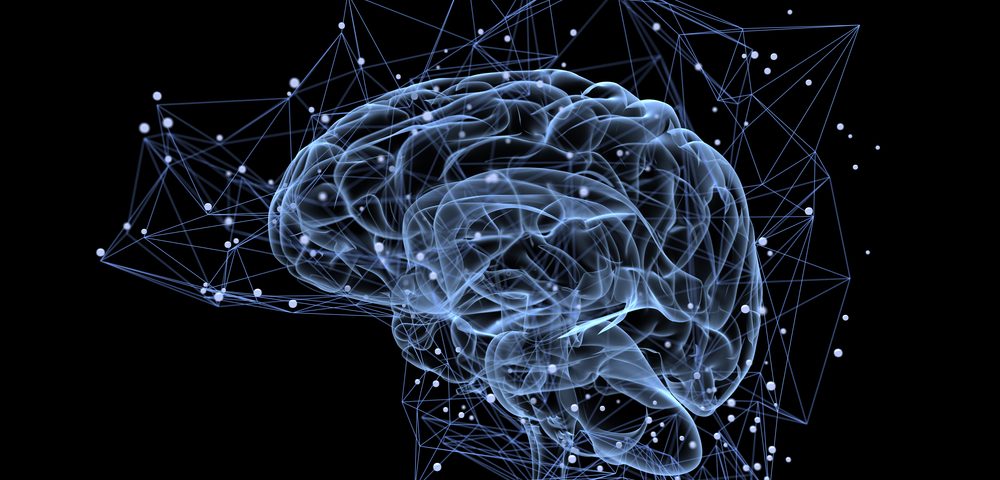Activation of the brain’s reward system reduced the size of tumors in mice, according to a study suggesting that a positive mental state may be beneficial in the anti-cancer response and may have implications for immunotherapy.
The study, “Modulation of anti-tumor immunity by the brain’s reward system,” appeared in the journal Nature Communications.
Although scientists have shown a link between a cancer patient’s mental state and survival, the evidence is still inconsistent. Additionally, it has focused mostly on negative emotional states such as stress and depression, while the effect of positive states remains largely unexplored.
“Several researchers have shown that an improvement in the patient’s emotional state may affect the course of the disease, but it was not clear how this happened. We are now presenting a physiological model that can explain at least some of this effect,” Asya Rolls, PhD, the study’s senior author, said in an American Technion Society press release.
The brain’s reward system refers to a group of structures — such as the ventral tegmental area (VTA) — that are activated upon a rewarding stimulus, which triggers the release of the neurotransmitter dopamine. Besides reward perception, the system is also associated with motivated behavior. Research further indicated its connection with the immune response.
The immune system is key in the fight against tumor formation and progression, which led to the development of immunotherapy. However, the immune system may be a double-edged sword, because, on one hand, it generates anti-cancer cells, but other immune cells, including myeloid-derived suppressor cells (MDSCs), may support tumor growth by blocking the immune response.
Prior research from the team at Technion-Israel Institute of Technology and Scottish EMMS Hospital in Nazareth, Israel, showed that activating the mouse reward system through a technique called chemogenetics boosts innate and adaptive immune responses against bacteria.
Aiming to test whether the brain’s reward system could affect tumor growth, the scientists applied chemogenetics to two mouse models of cancer — one of lung cancer and the other of melanoma.
The results showed that activating the VTA reduced tumor weight and volume via the sympathetic nervous system, which is responsible for bodily functions such as digestion, blood pressure, and heart rate. Specifically, the scientists found reduced nerve transmission mediated by noradrenaline at the bone marrow.
As a result, MDSCs, which develop in the bone marrow, became less immunosuppressive.
Then, the investigators conducted experiments in which they depleted MDSCs or transferred these cells from VTA-activated mice into nonactivated animals, which demonstrated that MDSCs “are both necessary and sufficient to mediate the effects of reward system activation on tumor growth,” they wrote.
“Understanding the brain’s influence on the immune system and its ability to fight cancer will enable us to use this mechanism in medical treatments,” said Fahed Hakim, MD, a co-author in the study and medical director of the Scottish EMMS Hospital.
However, he noted that future therapeutics targeting the brain-immune link in the fight against cancer will be possible “only if we gain a thorough understanding of the mechanisms.”
Although these findings need to be confirmed in other cancer models and in clinical trials, the scientists believe their study contributes to understanding the possible role of the patients’ mental state in the development of cancer.


